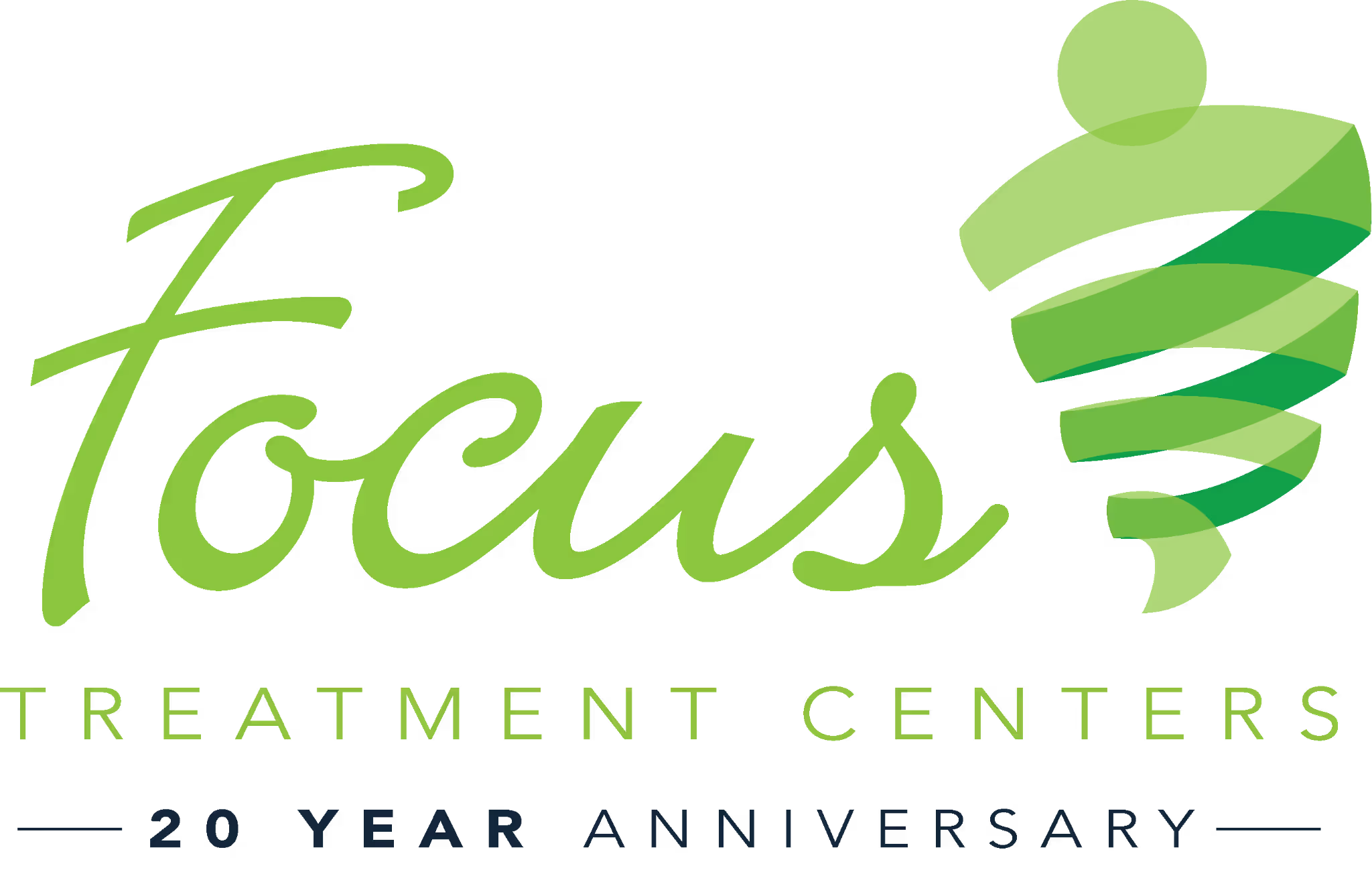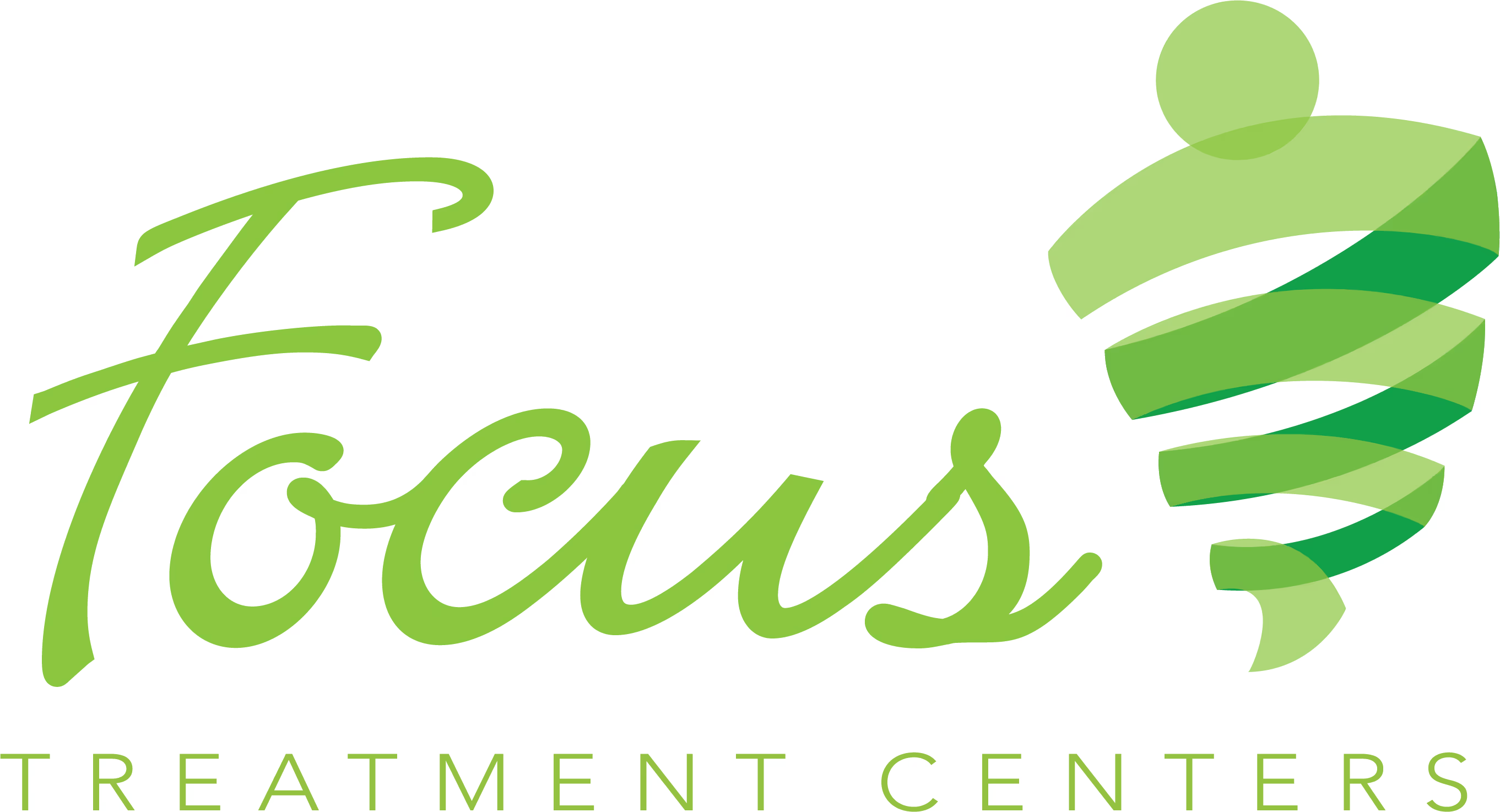The food decisions you make every day have a direct impact on the health and well-being of your body, mind, and soul. Busy lifestyles and full schedules notoriously work against efforts to eat well. Add to that an addiction or eating disorder, it’s easy to see how diet and nutrition can create negative changes in overall health.
Are you one of the many people looking for ways to impact your mental health and improve the overall healing of your body? Finding the right balance between convenience and nutritious foods is critical to becoming healthy. In essence, that includes understanding the impact of specific foods on certain illnesses, the impact proper nutrition has on mental health, and the realization that all foods can fit into our daily eating.
Impact of Nutrition on Body Health
Recent studies have shown that a balanced nutritional plan should start with a mindset of ‘food as medicine’. This means choosing foods that will fuel and strengthen your body rather than adding to any illnesses you face. In the United States, March is designated as National Nutrition Month and is focused on educating the public on the best choices for nutrition and physical activity.
In addition to minimizing overly processed foods, proper nutrition to fuel your body should include a variety of foods such as:
- Fresh Fruits and Vegetables
- Whole Grains
- Lean Proteins
- Healthy Fats
- Hydration
Many illnesses faced by our culture today can be corrected by making positive changes in diet and activity. Just as one area of example, heart-healthy foods can impact your overall health in the fight against illnesses such as:
- Cardiovascular Health
- Obesity
- Hypertension
- Type 2 Diabetes
- Kidney Function
- Gut Biome
Impact of Nutrition on Mental Health
It is crucial to remember that no single approach to food is appropriate for all. Each nutritional plan should be as unique as the person it is designed to feed. Finding the best fit for your needs may take time, but it is worth the effort.
Your mental health can be positively impacted by including:
- Fruits and Vegetables: improved function of the brain and regulated moods as a result of vitamins and minerals found in these fresh food items
- Whole Grains: lead to lasting energy and steady insulin levels
- Lean Protein: critical amino acids leading to improved productivity of neurotransmitters
- Probiotics: help with gut health, which is linked to positive mental health
Just as there are many positive benefits to consuming the right foods, eating poorly can negatively impact your mental health. To maintain a steadier mood, without spikes and crashes of highs and lows, be mindful about eating:
- Processed Foods
- High Sugar Drinks
- Refined Carbohydrates
It's important to note, that even these types of non-nutrient-foods can have a place in your diet from time to time. The key is variety and ensuring you are including plenty of nutrient-dense foods at every (or most) meals.
Impact of Nutrition on Recovery Success
For someone seeking treatment for an eating disorder, understanding the complicated nature of their relationship with food is a critical part of the recovery process. Believing that food is medicine is an important basis to healing, as it leads to a mindset that encourages success rather than failure.
Too many ‘diets’ have led people astray, attempting to enforce a one-size-fits-all solution to a person-by-person situation. Choosing to nourish the body with safe, effective foods should be accomplished less as a quick fix but instead as a lifelong establishment of healthy habits. In this way, an individual’s specific needs can be met through customizable nutrition.
At Focus Treatment Centers (Chattanooga), our Eating Disorder Treatment approaches recovery with an attitude that ‘all foods fit’. This method works to change the mindset of labeling foods being "bad" or "good", but rather as something necessary for living that doesn’t have to be complicated. This translates into:
- Balance and Variety: meals and snacks are designed by the professionals in our dietary and culinary team, after extensive consultation with individual patients
- Activities: experiential in nature, these activities focus on the behaviors associated with eating disorders
- Education: teaching facts that debunk food myths, making it easier for patients to interact with food in an enjoyable and healthy way
Each individual can expect a recovery program that focuses on their individual needs. While the details will vary, the heart of each plan includes:
- Plans for individualized meals
- Counseling focused on nutrition
- Group therapy (for education and processing)
- Real life experiences (for exposure)
- Learning about the process of eating and normal patterns
Contact Us Today for Help
Food will impact your mind, body, and soul; this is unavoidable. However, whether it is a negative or a positive impact is up to you to choose.
If you are ready to start a personalized journey towards food freedom, our team of professionals at Focus Treatment Centers is waiting to help. We understand how complicated food can feel to some people; our goal is to help each patient overcome this challenge through education and support.
Contact us at 423-308-2560, or by email at admissions@focustn.com.















